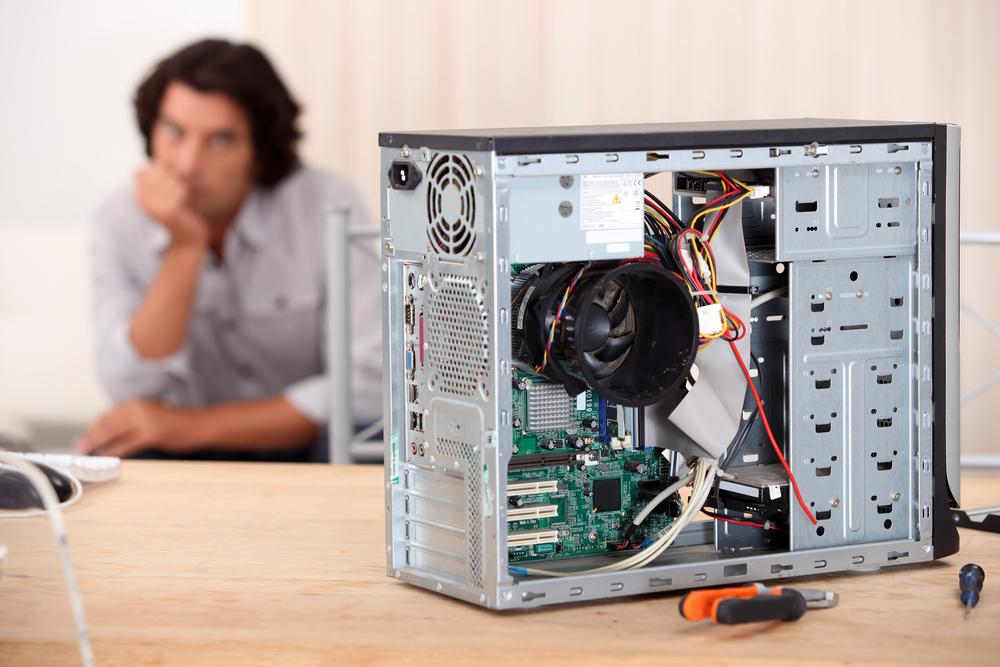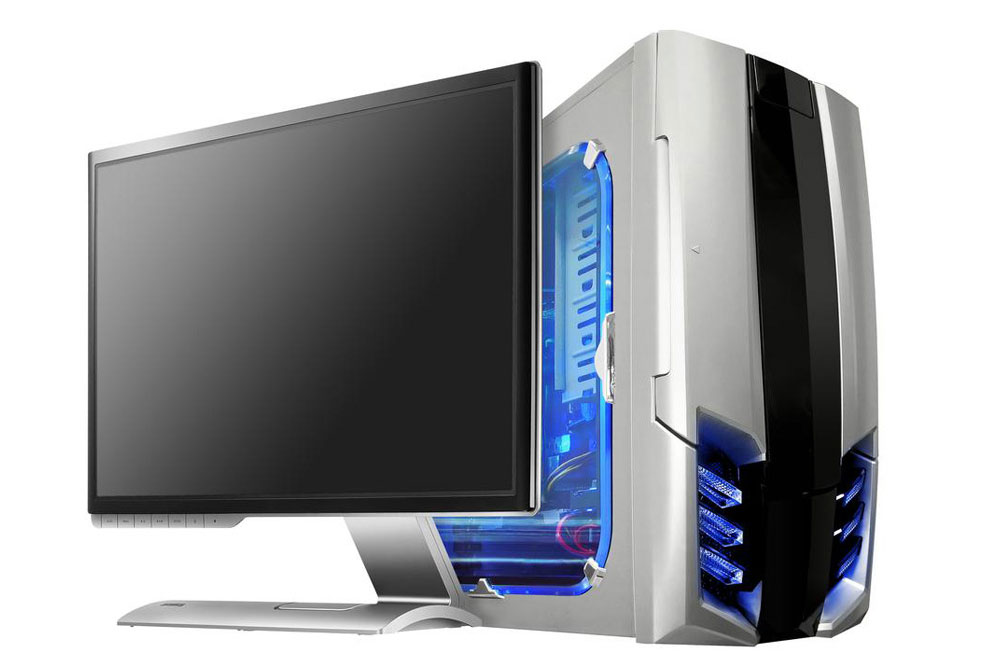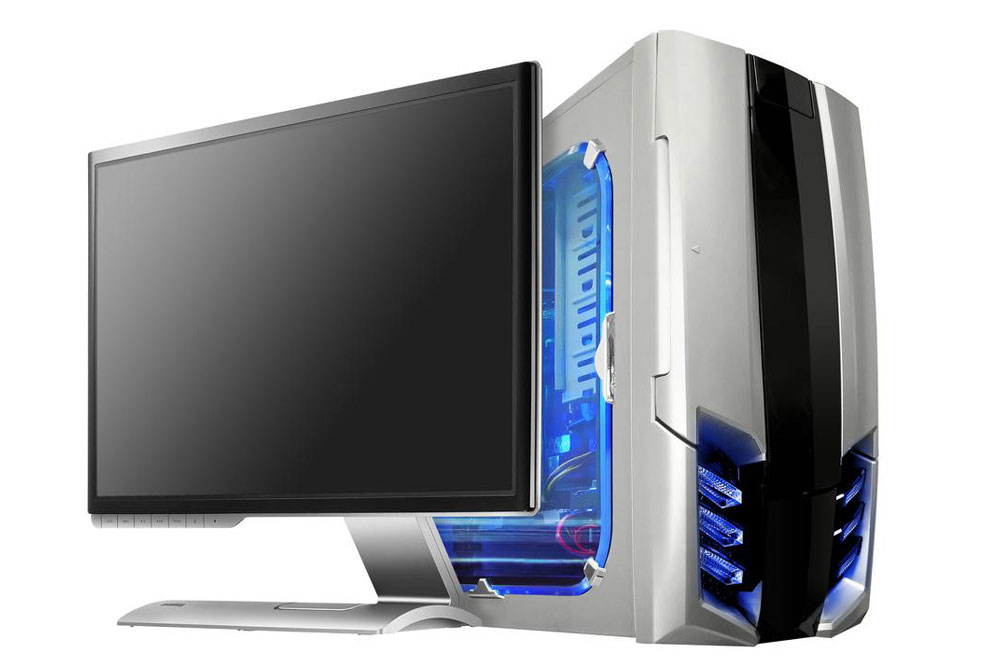Comprehensive Guide to Choosing the Ideal PC Case for Your Custom Build
Discover a detailed, all-inclusive guide to selecting the most suitable PC case for your custom build. Learn about sizes, compatibility, cooling, and aesthetic considerations to ensure a smooth assembly and future upgrade potential. This comprehensive overview helps both beginners and experienced builders make informed decisions for optimal system performance and design.

Comprehensive Guide to Choosing the Ideal PC Case for Your Custom Build
Building a personalized PC is an exciting project, but selecting the right case is a crucial step that can significantly influence the overall performance, aesthetics, and upgrade potential of your system. While it might seem simple to just pick a case and fill it with components, compatibility issues and overlooked features can lead to frustrations and complications down the line. This comprehensive guide aims to provide detailed insights and practical tips on selecting the perfect PC case tailored to your specific needs, budget, and future upgrade plans.
Understanding the role of a PC case is essential. It acts as the structural backbone of your computer, housing all internal components such as the motherboard, CPU, GPU, storage devices, cooling systems, and power supply. The right case not only protects these sensitive parts but also ensures optimal airflow, cooling efficiency, and ease of access for maintenance or upgrades.
Choosing the appropriate PC case involves considering several critical factors. The decision impacts your system’s performance, expandability, aesthetic appeal, and overall experience. Here, we delve into key considerations to help you make an informed choice.
The Significance of a Well-Selected PC Case
Your PC case is more than just a box—it’s the foundation upon which your entire system is built. A high-quality case ensures components are securely housed, prevents overheating, and provides room for future upgrades. A poorly chosen case can lead to overheating issues, limited upgrade options, and even damage to components.
Factors to Consider When Choosing a PC Case
Identifying the right case involves analyzing several aspects:
Size and Form Factor: Decide whether you want a large, spacious case or a compact one. Your choice depends on space constraints, portability needs, and aesthetic preferences. Cases come in sizes like Full-Tower, Mid-Tower, and Mini-Tower, each catering to different requirements.
Component Compatibility: Ensure the case supports your selected motherboard size (ATX, Micro-ATX, Mini-ITX), graphics card length, CPU cooler height, and power supply wattage. Internal dimensions influence whether you can install high-end GPUs, large cooling systems, or multiple storage drives.
Expansion and Drive Bays: Consider your future upgrade plans. Do you plan to add additional storage drives, multiple graphics cards, or water-cooling radiators? The case should have adequate drive bays and expansion slots.
Internal Layout and Airflow: Proper internal organization promotes efficient airflow, minimizes dust collection, and simplifies cable management. Good airflow design typically includes support for multiple fans, filters, and strategically placed vents.
Cooling Capabilities: Depending on your build, you might need a case designed for optimal cooling with support for liquid cooling systems, radiators, and high airflow. Enhanced cooling prevents thermal throttling and extends component lifespan.
Build Quality and Materials: Look for durable materials such as steel or aluminum. A sturdy case ensures long-term stability and protection against knocks or vibrations.
Design and Aesthetics: Personal preferences vary—choose a case that matches your style, whether minimalistic, RGB lighting, tempered glass panels, or themed designs.
Budget: PC cases come in a broad price range. Balance features with affordability, ensuring you don’t overspend on unnecessary features while still obtaining quality and functionality.
Popular Types of PC Cases
Based on your needs and the complexity of your build, you may opt for one of these main types:
Mini-Tower
Designed for portability and simplicity, mini-towers are compact, lightweight, and cost-effective. These cases are ideal for users with space constraints or those who prioritize mobility. However, they may have limited internal space, making component compatibility more critical.
Mid-Tower
The most versatile and commonly used type, mid-towers support standard ATX motherboards and offer ample room for high-performance components, multiple storage devices, and cooling solutions. Their balanced size makes them suitable for most gaming or professional setups.
Full-Tower
Built for enthusiasts, overclockers, and custom water-cooling aficionados, full-tower cases provide extensive internal space for complex configurations. They support larger motherboards (E-ATX, XL-ATX), multiple power supplies, large radiators, and extensive cooling options. These cases offer maximum expandability but are bulkier and usually more expensive.
Each case type serves different needs, from portable setups to high-end, future-proof systems. Choosing the right type depends on your specific build goals and preferences.
Ultimately, selecting the perfect PC case involves balancing compatibility, cooling, aesthetics, and budget. Taking the time to research and evaluate different options ensures your system will perform optimally, stay cool, and look stunning for years to come. Remember that a well-chosen case not only enhances your build's performance but also offers an enjoyable experience during assembly and upgrades, providing peace of mind and satisfaction with your custom PC.




